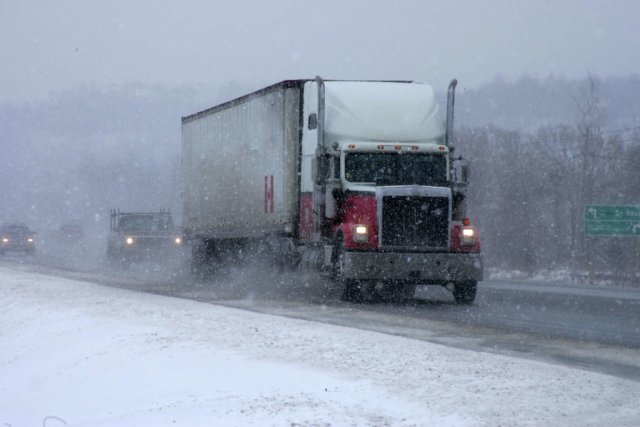Nobody wants to head to work every day and know for a fact that their employer has a disregard for their safety. Of course, certain industries are more dangerous in nature than others, in ways that cannot be avoided, however, to be a responsible fleet manager you should always be doing everything you can. Luckily, this industry has tons of regulations and compliance adherence that are not up for discussion, so these can be a good jumping off point when creating the safest work environment possible for you and your team.
Vehicle Maintenance
The trucks that your drivers drive day in, and day out have to be safe, period. Regular vehicle maintenance can help detect small issues early, so that major ones can potentially be avoided. This will also help show that as a manager, your priority is on safety. You also need to have enough knowledge in this area that you can answer questions that your staff has. You can review a fleet managers guide to preventative maintenance for semi-trucks to help outline not only your mission, but your expectations as well.
In addition to how this affects your safety protocol, preventive maintenance can be your budget’s best friend. Keeping a routine of preventative maintenance lowers overall costs by having a chance to spend small on small problems before you have to spend big, on big ones. Keeping your trucks in service, means keeping your team in service, which means keeping your customers in service, this is a cyclical flow that all stems from safe and reliable trucks.
Warehouse Precautions
As a fleet manager it is assumed that your workplace includes some type of warehouse space, or large-scale garage. This is an area that you need to prioritize safety as well. Having spaces organized easily accessible is going to really decrease the chances of a workplace accident. This does not have to be a huge budget buster either.
Even something as simple as knowing where to install anti-slip tape in your warehouse, and doing so from the start, can protect you and your team immensely. Do not be afraid to keep things in locked cabinets that might pose a threat. Even if your drivers are able and allowed to use certain tools at any time, for example, keeping things like utility knives or other tools locked away until they need them can decrease the chances of a freak accident.
Training
Your road team needs to feel safe, but they also need to be safe. This is a two-way street. Initial training is simply not enough, you really need to have an ongoing investment in training and safety best practices to keep everyone’s priorities in line. Be specific with your training too. If you live in an area that experiences extreme winters, for example, your staff should have additional training in how to drive in these conditions specifically.

To really level up your management game, be present in these trainings, or team meetings, if you can be the example, it is more likely that your staff will respond positively to your expectations.
Originally posted 2021-12-10 10:21:10.


